Since the Security Council first recognized conflict-related sexual violence (CRSV) as a threat to international peace and security in 2008, the UN has developed an increasing number of pathways to prevent and respond to such crimes. One of these is the…
Read morePublications
Latest
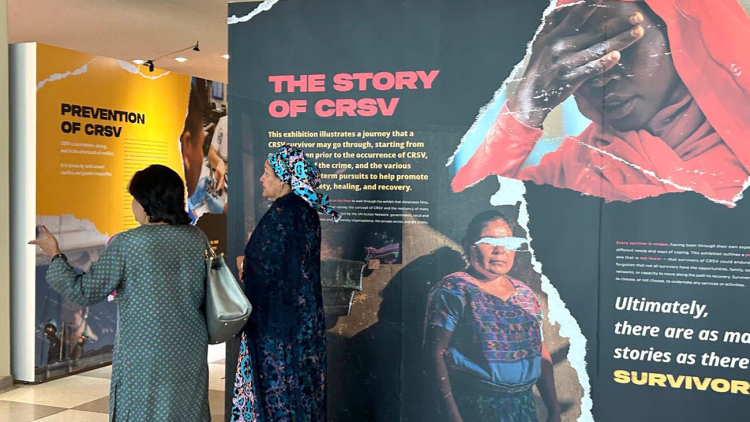
In 1992
-
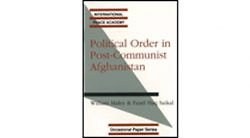
This monograph provides a detailed account of the collapse of the communist regime in Afghanistan and considers steps that can be taken to consolidate post-communist rule.After outlining the historical evolution of the Afghanistan problem, the authors trace the process by which the communist regime progressively unravelled and show why UN efforts to negotiate an internal […]
Read more -
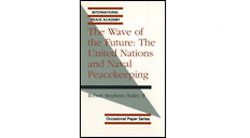
Though the United Nations will face numerous challenges on the world’s oceans in the next decades, it has not yet developed the capability to operate effectively in the areas of maritime peacekeeping or enforcement.This study examines the various regional maritime challenges confronting the United Nations and describes several organizational and experiential models—ranging from Claiborne Pell’s […]
Read more -
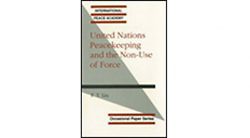
The principle of non-use of force except in self-defence is central to the concept of UN peacekeeping.But its application has at times given rise to serious difficulties and controversy. The determination of whether – and when – force should be used is possibly the most difficult decision a peacekeeping operation can face. F.T. Liu recounts […]
Read more -
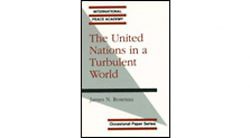
In a turbulent world of restless publics, faltering economies, widening cleavages, and vast international transformations, where does the United nations fit?What have been the consequences for the UN of the profound transformations the world has undergone since its creation in 1945? Can it meet the challenges posed by an increasingly turbulent world? And can the […]
Read more









